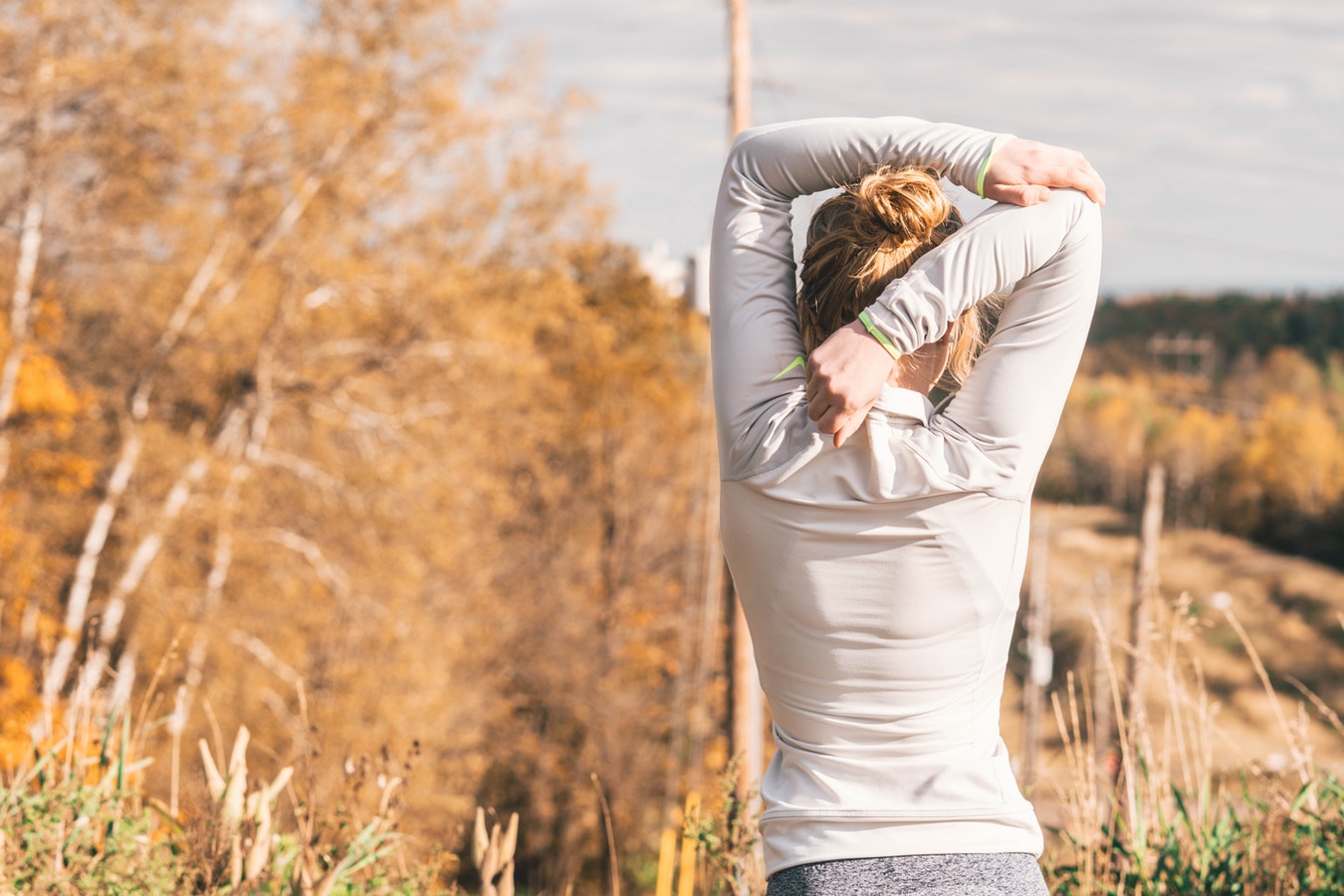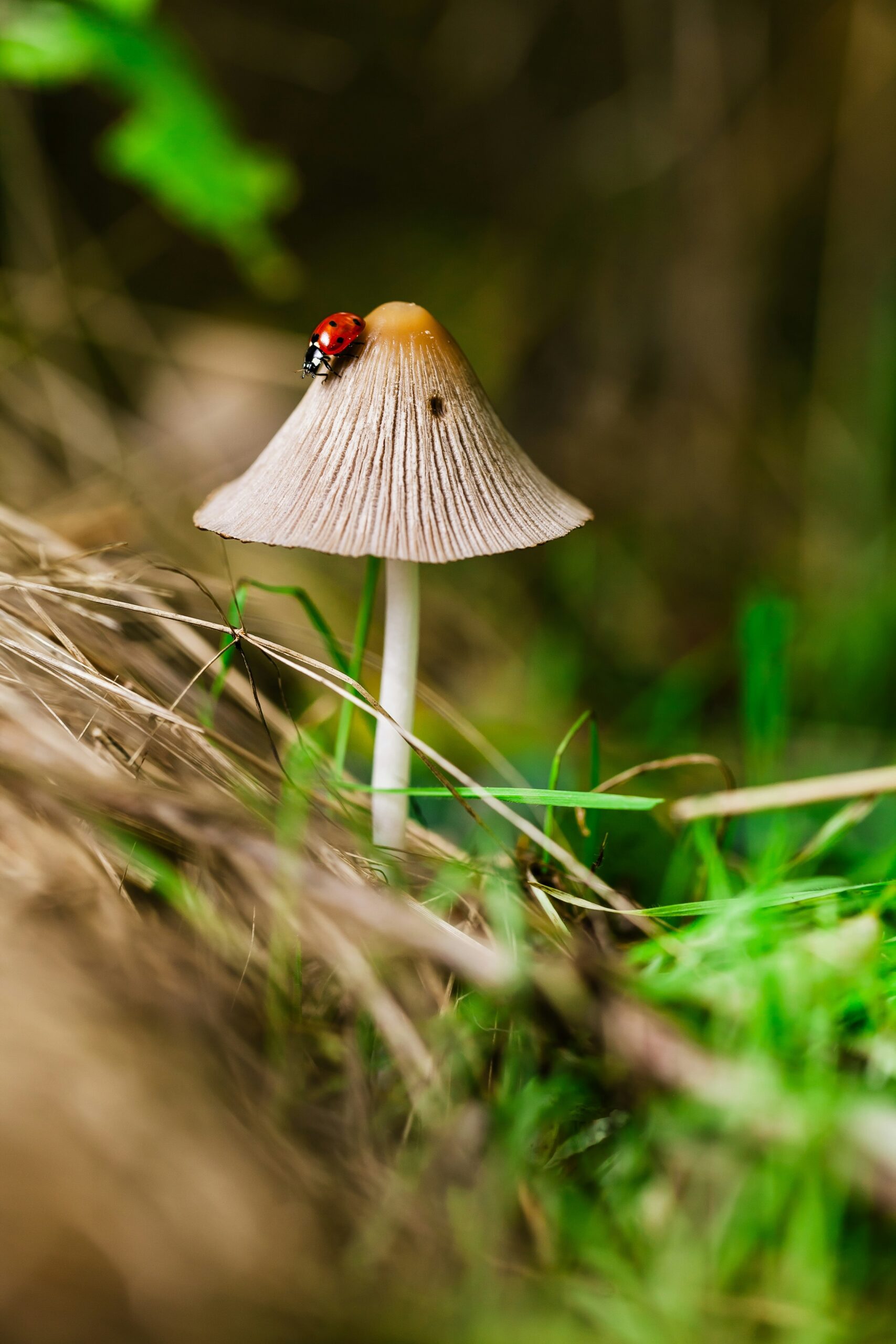Why Belly Fat?

Why Belly Fat?
This is a question I often get from patients. It’s an imbalance of hormones beginning with our stress hormones and involving insulin. When we get stressed we either overeat or under-eat and this is why. Both make sense from an evolutionary standpoint. Overeating is a way of preparing for famine, and storing abdominal fat was how we did this. Under-eating prepares us to flee as in the flight response when the predator is on our tail. Keep in mind stress hormones are upstream from our sex hormones including testosterone, progesterone and estrogen. These often get out of balance when there has been prolonged stress either perceived, or internally caused by physiology. You may remember that cortisol, when functioning optimally, is an important anti-inflammatory.
Sleep, Inflammation & PCOS
One night of poor sleep can increase inflammation. The problem is that no one want to hear this because we are all not sleeping well, especially those who are parents with young children. What I notice when I miss lunch is I can’t rest at night. The combination of stress, no food, and insomnia creates a cluster of other problems. Simple changes at any one of these junctures goes a long way because all these systems are interdependent.
For example, the number one hormone imbalance affecting women and causing infertility is polycystic ovarian syndrome (PCOS). It is strongly associated with insulin resistance, inflammation, and HPA axis dysregulation (hypothalamus pituitary adrenal). All of these factors will contribute to increased belly fat. Abdominal weight gain is a real concern for health for all of these reasons.
My doctor tells me “Just lose some weight!”
This research suggests that high-intensity interval training (HIIT) is the most beneficial way for for women with PCOS to exercise. By improving insulin sensitivity, body composition, and endothelial function, you will lose belly fat as a side benefit. HIIT targets several of the key factors contributing to PCOS. This can all happen in the absence of weight loss which is interesting. Often women with PCOS are told by their doctors to lose weight. I hear over and over how this is not helpful and I understand why. When a perfect storm is happening on a physiological level weight loss is not possible. A body that is stressed will not be adapted to lose weight no matter what. We also know most doctors don’t have the diet and lifestyle information to help. HIIT can be an adjunct to other interventions that support hormone balance including a stress management program and the right dietary approach. Many places offer HIIT classes, making this an accessible option.
HIIT improves insulin resistance. In this study thirty-one women were assigned to either high-intensity interval training, strength training, or a control group for 10 weeks. The HIIT group performed two weekly sessions with four minutes of exercise at 90 to 95 percent of maximum heart rate. This was separated by three-minute periods of moderate intensity exercise at 70 percent of their heart rate maximum . They also performed one weekly session of 10 bursts of maximal intensity HIIT separated by one minute of rest.
Strength Training or Cardio?
In this study each woman chose her mode of exercise. They regularly used a treadmill, bicycled, ran, or walked outside. The strength training group performed eight weightlifting drills with progressively increasing weight on gym equipment three days per week. The control group performed 150 minutes of moderate-intensity exercise per week.
After the 10-week exercise intervention period, it was found that insulin resistance improved significantly only in the HIIT group. HIIT also increased HDL cholesterol, improved endothelial function, and decreased belly fat.
I wrote another article about how resistance training is the number one form of exercise to integrate into your lifestyle. The long term benefits outweigh all other forms and it is the antidote for our current culture. For anyone who hopes to age gracefully this is the ticket. However this memo has not made its way to the mainstream yet. Most medical research still focuses on aerobic exercise. This is why I was so excited to see this article pop up last month.
Related Posts
 Psychedelics for Women’s Health
Psychedelics for Women’s Health
 Protein & Hormones for Healthy Weight
Protein & Hormones for Healthy Weight




